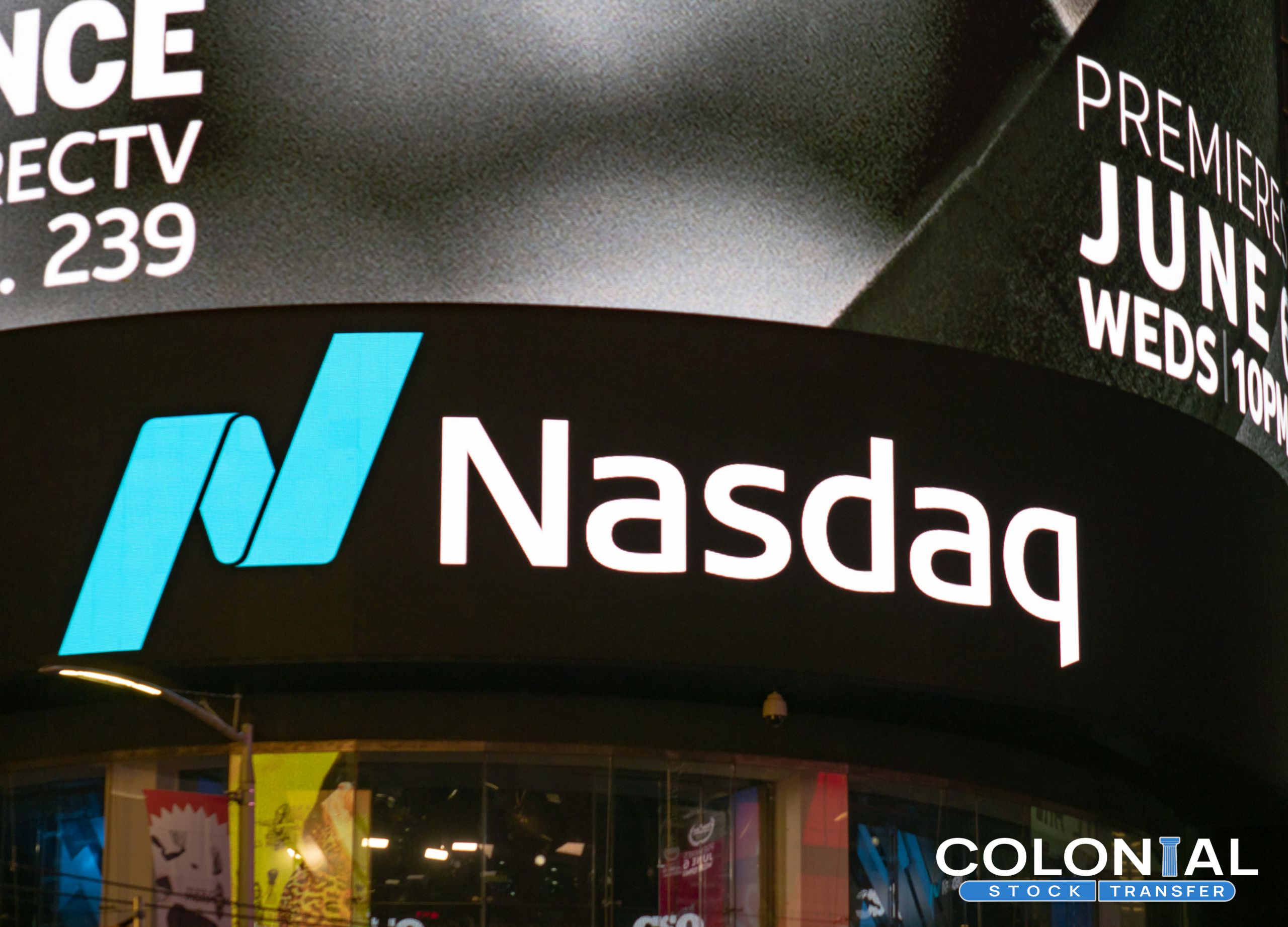
The heads of successful Nasdaq companies have put in the work necessary to transition from a privately held company into one that is publicly held. Though going public partially cedes control over the company to shareholders, there are countless reasons as to why listing on the Nasdaq makes sense. Let’s take a look at the Nasdaq listing process and Nasdaq benefits.
Why List Onto NASDAQ?
If you were to poll company heads who transitioned from private investing to public investing on the Nasdaq, you would find their reasons for the shift varied quite widely. However, the primary reasons to go public on the Nasdaq include:
- Access to a larger pool of investment capital
- Selling shares of the business on this exchange provides potentially invaluable publicity, steering outside investing dollars into the company
- Outside investment combined with the spike in publicity sets the stage for the company to reach its potential as quickly as possible
- The Nasdaq has comparably low listing fees
Add in the fact that the exchange has a lower threshold for the requirements necessary for a listing and there is all the more reason to consider going public with this route. The icing on the cake is the exchange’s all-electronic trading.
Though the Nasdaq doesn’t have the same prestige as some other exchanges such as the NYSE, it is no secret that tech stocks are quite popular and will remain so for the foreseeable future. A listing on the Nasdaq really does bring that much more attention and investment to a growing companies in search of a financial catalyst.
Strategies That the Best Nasdaq Companies are Employing
Successful Nasdaq companies are using the exchange to raise capital and also for branding purposes. As is often said, all publicity is good publicity. Even if a stock traded on the Nasdaq has a down day in the market, the mere fact that the company is highlighted by media outlets garners that much more attention and consideration from potential clients as well as prospective investors. This is just one of the many Nasdaq benefits.
As an example, Bumble (BMBL) went public in early February of 2021 and closed its first day of trading up more than 60%. BMBL’s paying users jumped 20%, falling just shy of 2.9 million in the latest financial quarter. The company’s average revenue per user increased $2 in the quarter, reaching $20.88.
The Nasdaq content hub has blazed a trail in the investment space, providing livestreams, direct customer/investor engagement through social media and brand amplification through mainstream media. This constant push for attention and investor dollars proves particularly beneficial for Nasdaq companies that make a concerted effort to publicize company news, innovations and alterations to value propositions.
Choosing the Right Nasdaq Tier can Pay Off
Businesses that choose to list securities on the Nasdaq and accepted for such a listing are indexed in one of three tiers. This tier classification system includes:
The Nasdaq Capital Market
- NextPlay Technologies (NXTP) Market Cap of $118,009,815
- First Wave BioPharma (FWBI) Market Cap $27,404,229
The Nasdaq Global Market
- Progenity (PROG) Market Cap of $242,227,655 and Revenue of $74.3 million
- Redhill Biopharma (RDHL) Market Cap $225,190,463 and Revenue of $44.8 million
The Nasdaq Global Select Market
- Apple (AAPL) Market Cap of $2,401,394,963,400 and Revenue of $81.43 billion
- Peloton (PTON) Market Cap of $24,670,831,778 and Revenue of $936.9 million
- SoFi Technologies (SOFI) Market Cap of $13,087,803,971 and Net Revenue of $166.3 million
Each tier has its own unique listing standards. Such standards are tied to the business’s unique financial metrics. The listing standards for The Nasdaq Global market are not as stringent as those for The Nasdaq Global Market and The Nasdaq Global Select Market. This is an important distinction as a temporary failure to adhere to strict listing standards can spur a delisting as well as the removal of the securities from the tier. If you are considering transitioning your business from a privately held company into a publicly held entity on the Nasdaq, be sure to consult with a securities specialist to obtain a comprehensive understanding of the requirements necessary to remain listed on this increasingly popular exchange.
Nasdaq Transfer Agent Service
Colonial Stock Transfer is proud to provide Nasdaq transfer agent services to help shareholders and also ameliorate compliance challenges. Our company has been in business for nearly 40 years as we pay attention to all the details the competition often overlooks. Our transfer agent services encompass proxy meetings, customized reporting, corporate actions, DWAC/DRS transactions, escrow services, cash/stock dividend payments and more.




